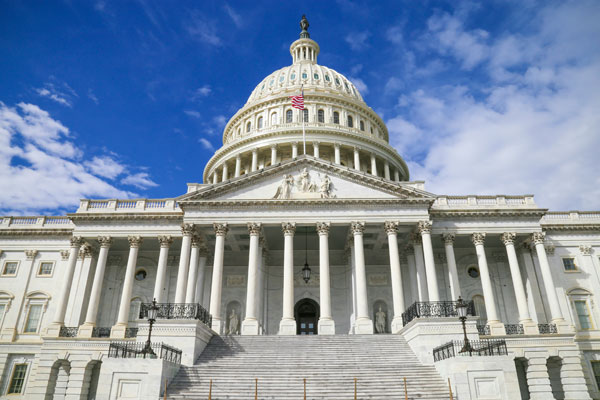Kennedy’s health commission report includes AI-generated fake citations

[An image of a White House. Photo Credit: Unsplash]
A high-profile federal health report led by Health and Human Services Secretary Robert F. Kennedy Jr. is facing serious backlash after experts uncovered multiple fabricated or erroneous scientific citations—many of which appear to have been generated by artificial intelligence.
Kennedy Jr. is a longtime critic of childhood vaccination programs and pharmaceutical companies.
He has frequently disagreed with the mainstream scientific and medical community.
He is known for promoting vaccine skepticism, questioning established public health policies, and endorsing theories widely regarded as misinformation.
His appointment to a key health leadership role under the Trump administration was seen by many as a sharp departure from traditional public health leadership.
The 72-page Make America Healthy Again (MAHA) report, released by the Trump administration, was billed as a transformative, evidence-based plan to tackle chronic illness among American children.
The report was intended to serve as a comprehensive assessment of children’s health in the U.S., addressing issues such as chronic illness in children, mental health disorders, exposure to synthetic chemicals, the impact of ultra-processed food, and the role of pharmaceuticals and vaccines in pediatric care.
Researchers and journalists quickly discovered that numerous sources cited in the report were either fictional, misattributed, or misrepresented.
Some papers had incorrect titles, inaccurate author names, or were published in journals that did not match the references. In some instances, the cited studies simply do not exist.
“It has all the signs of AI-generated text—confidently written, but factually incorrect,” said Dr. Ivan Oransky, a medical journalism professor and co-founder of Retraction Watch. “You expect this in chatbot experiments, not in federal public health policy.”
Criticism intensified when some of the cited researchers publicly stated they had not written the studies attributed to them.
Dr. Katherine Keyes, an epidemiologist at Columbia University, was named as an author of a mental health paper that she says does not exist. “It raises serious concerns about the rigor and reliability of the report,” she said.
While the administration initially dismissed the citation problems as “minor formatting errors,” the White House has not clarified who authored the report or whether AI tools were officially used in its preparation.
Multiple updated versions of the report were quietly uploaded after the initial release.
The revisions have done little to calm the criticism from scientists and public health experts, who argue that the presence of fake references calls into question the report’s overall reliability and the review process that preceded its publication.
Beyond citation issues, critics have raised concerns about the report’s broader content, which blends general public health concerns—such as processed food and environmental toxins—with more controversial claims about childhood vaccines and psychiatric medication.
Experts warn that the use of faulty or AI-generated references in such a document undermines its credibility and risks spreading misinformation.
“You can’t build sound policy on fabricated science,” said Dr. Thirumagal Kanagasabai, a Toronto-based researcher whose real work was incorrectly cited and distorted in the report.
As calls grow for greater transparency and independent review, the incident raises larger questions about the government’s use of generative AI and whether proper safeguards are in place to ensure that the technology supports, rather than compromises, scientific integrity.
Several lawmakers and scientific organizations are now calling for a formal investigation into how the report was produced.
Questions remain about whether federal guidelines for scientific integrity were violated.
There are also renewed demands for clear protocols governing the use of AI in government research.

- Yoonchae Kayla Lee / Grade 10
- Korea International School

![THE HERALD STUDENT REPORTERS [US]](/assets/images/logo_student_us.png)
![THE HERALD STUDENT REPORTERS [Canada]](/assets/images/logo_student_ca.png)
